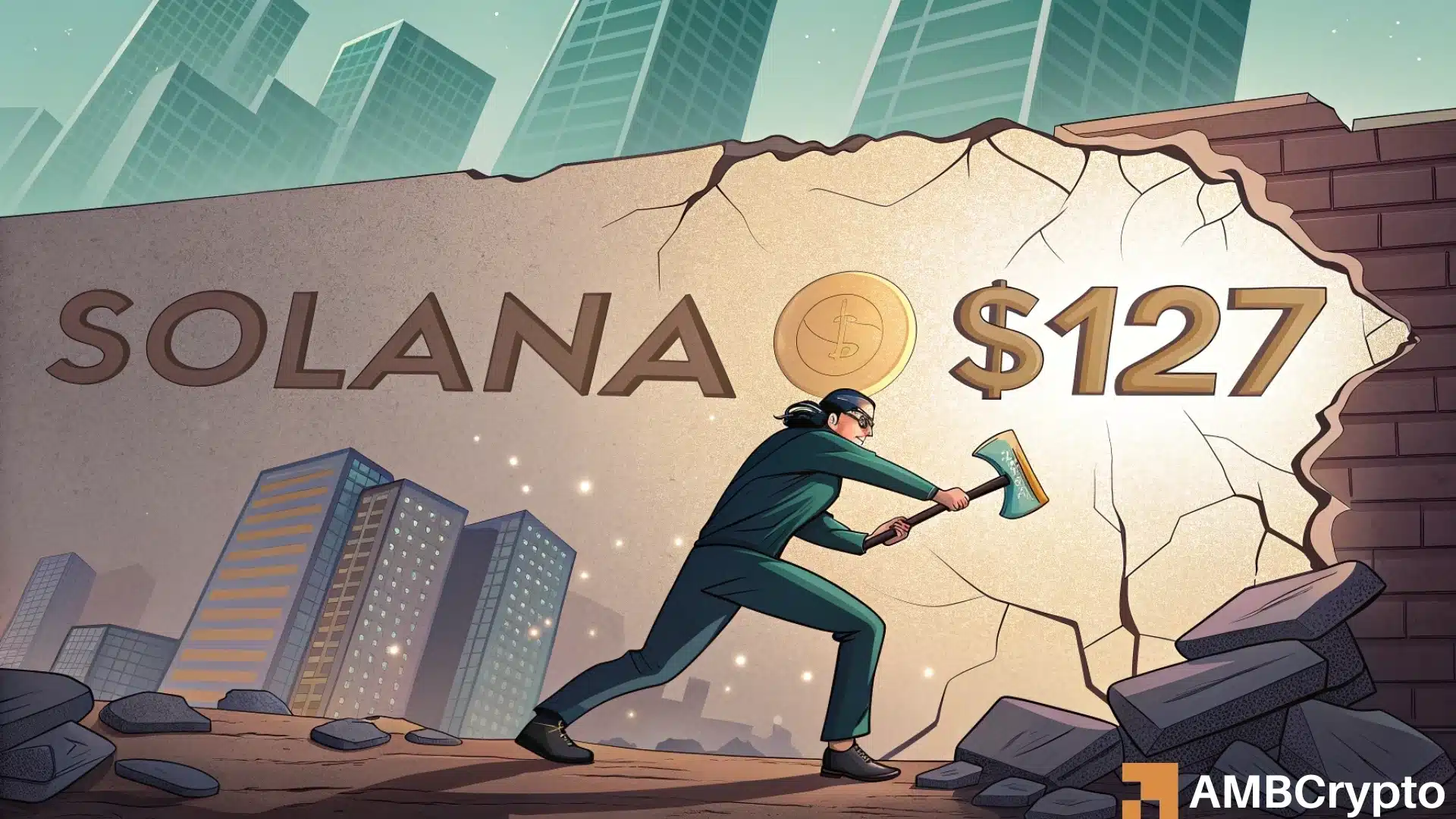ARTICLE AD BOX

- Scammers are using fake arrest warrants to trick people into paying fines through Bitcoin and other untraceable methods.
- The U.S. District Court for the Western District of Virginia has warned the public about this scheme.
A fraudulent scheme involving counterfeit arrest warrants is circulating in the U.S. District Court for the Western District of Virginia. The scam targets people by informing them that they are in violation of jury duty and then threatening to detain them, provided they pay via Bitcoin and gift cards. Currently, the scammers possess fake documents that resemble actual U.S. District Court paperwork in an attempt to gain credibility.
In a statement issued by the court on March 21st, the impersonators tell targets that they need to send money to address certain legal concerns concerning jury duty. The criminals often demand Bitcoin, gift cards, or bank details as forms of payment. These demands are made through threats of arrest, something that puts fear and a lot of confusion among the targets of these scammers.
Court officials clarified that the U.S. District Courts cannot execute arrest warrants for failing to report for jury service if one was not previously called for such duty. This type of scam scares people and makes them believe that they are facing legal consequences and that the documents and the payment demands are fake.
Court Urges Public to Remain Vigilant
The court has advised that any person who receives any peculiar parcel or any correspondence referring to Bitcoin, gift cards, or phone-based payments should reach the Western District of Virginia for confirmation. Consequently it is equally important for the public to exercise a lot of caution with any such documents that assumed to be from the U.S. District Courts.
In response to these deceptive practices, the court reiterated that real arrest warrants are only issued to people who have been personally summoned for jury duty and did not show up. Any written communication requesting payment, especially an urgent one through untrackable means, should be considered a scam.
Court documents revealed that the scammers used social engineering techniques to lure investors into investing in cryptocurrency, using fake website links. They gradually gained victims’ trust and later introduced them to other investment sites, which were scams but replicated the appearance of genuine crypto trading platforms.
Growing Threat of Crypto Scams
The increase in cryptocurrency-related scams has been a growing concern nationwide. Recently, Montana Commissioner of Securities and Insurance James Brown said that such scams are prevalent because the FTC report indicated that fraud losses have increased by 25% compared to 2023. According to data released in March 2024, Americans have been victims of fraud, with many of them falling prey to cryptocurrency scams to the tune of over $12.5 billion.
Furthermore, the U.S. Department of Justice (DOJ) recently seized $7 million connected with the frauds engaged in the global crypto scam by applying civil asset forfeiture. They will be recouped from the intended victims of the fraud. The DOJ has also launched an ongoing crackdown on a high-profile cryptocurrency scam and has advised any victims of the scam to come forward to file for the recovery of their funds.
.png)
 3 days ago
1
3 days ago
1








 English (US)
English (US)